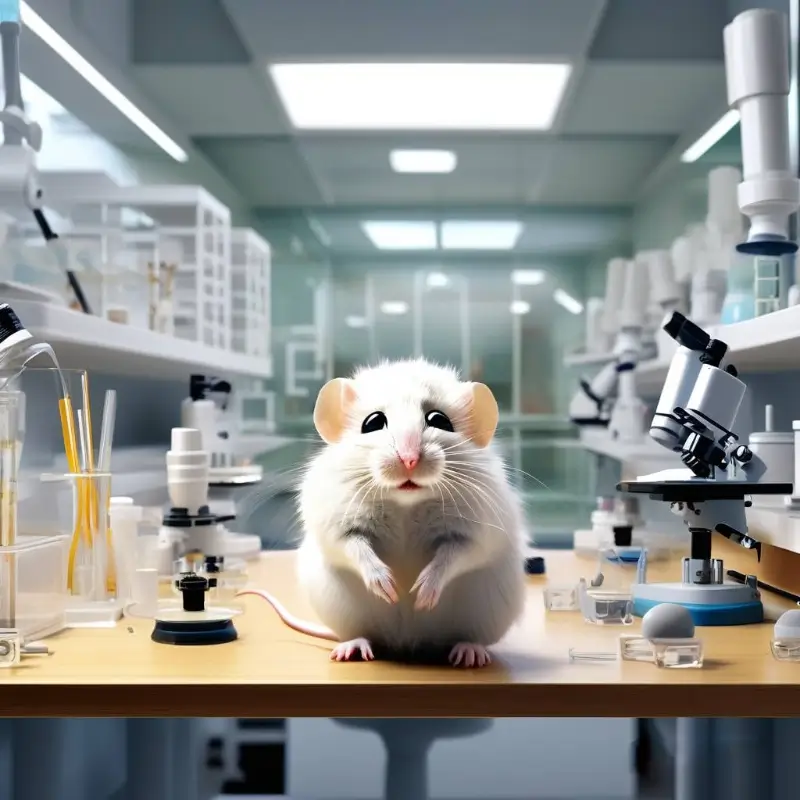why do laboratories use mice instead of humans for experiments?
Laboratories use mice (and other animals) instead of humans for experiments for several reasons:
- Ethical Considerations: Humans are moral and legal persons, endowed with rights and dignity that cannot be disposably set aside for the sake of experimentation. Animals, while not moral agents, are used in research because they share a range of biological characteristics with humans, making them valuable for certain types of experiments that can contribute to understanding human biology and diseases.
- Similarities to Humans: Mice share a significant amount of genetic similarity with humans (approximately 85% of the genes), making them useful models for studying various biological processes and diseases. Many of the fundamental principles of biology and genetics that apply to mice also apply to humans, allowing researchers to study the effects of diseases and test potential treatments before they are used in humans.
- Size and Cost: Mice are small and can be maintained in large numbers at a relatively low cost compared to humans. This allows researchers to conduct large-scale experiments and statistical analyses to validate findings.
- Breeding and Reproduction: Mice have a short generation time and can breed easily in controlled laboratory conditions, providing a readily available source for research. This allows researchers to study multiple generations and the inheritance of traits or diseases.
- Experimentation Flexibility: Mice can be easily manipulated genetically, allowing for the creation of specific disease models or the manipulation of specific genes of interest. This makes them ideal for basic biological research, as well as for testing potential therapeutic interventions.
- Regulatory and Ethical Oversight: Experiments involving animals are subject to strict regulatory oversight to ensure that the animals are treated humanely and that the research is necessary and justified. These regulations are in place to minimize harm to the animals and to ensure that the research benefits human and animal welfare.
- Safety: Using animals first can help to determine the safety and efficacy of potential treatments before they are tested in humans, which can help to prevent harmful side effects and reduce the risk to human subjects.
It is important to note that while mice and other animal models are valuable for scientific research, they are not perfect replicas of humans, and findings from animal studies must be carefully validated before they can be applied to human medicine.
In summary, using mice in laboratory experiments is a compromise between ethical considerations, scientific validity, and feasibility. While no animal model can fully replicate human biology, mice offer a valuable resource for advancing biomedical knowledge and improving human health.



